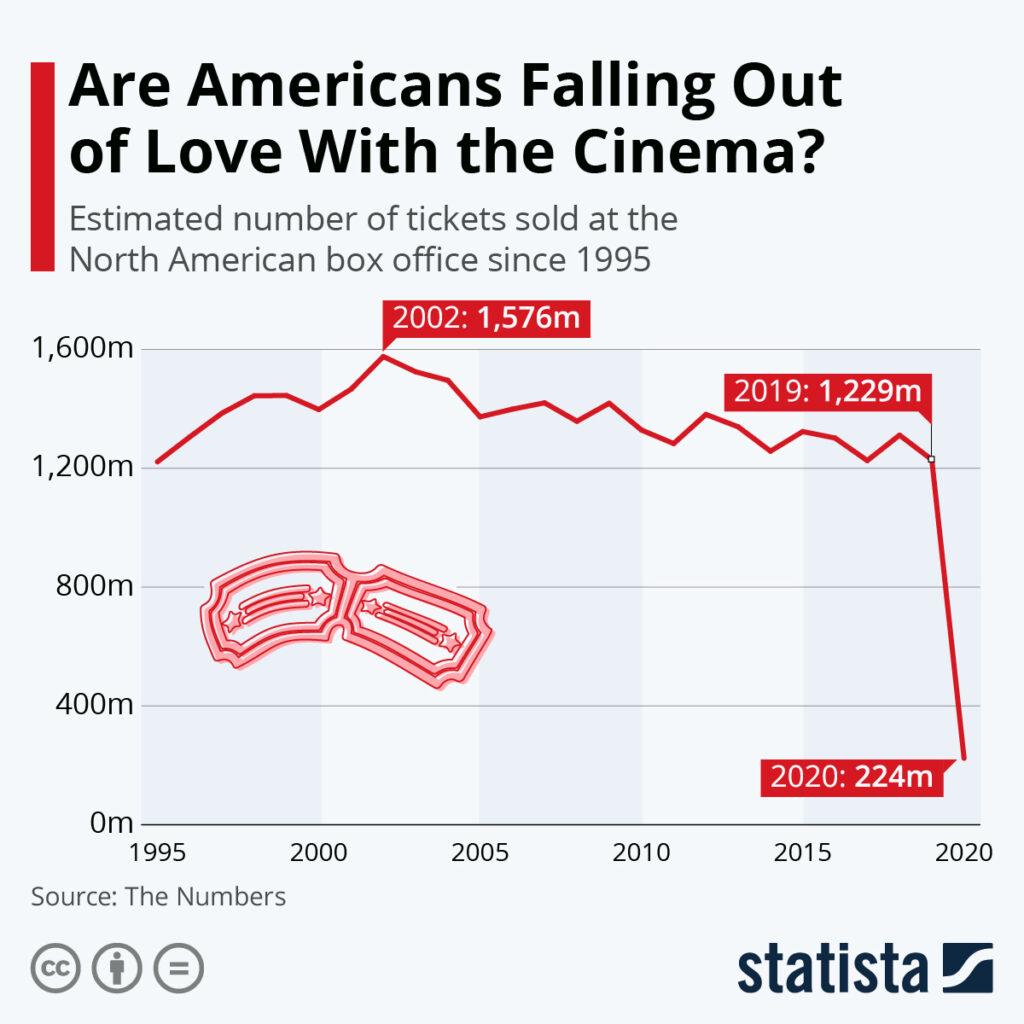From sequels and decades-old movies like “The Batman,” “Avatar” and “Top Gun” to prequels for already completed movies like the “Hunger Games” and “Kung Fu Panda,” Hollywood seems less and less inclined to bet on anything original and groundbreaking.
But why is it so?
Although super fans are thrilled to hear their favorite fictional characters are making a reappearance on the big screen, the greed for money in the movie industry has led to a lack of passion and decline in creativity in film productivity.
Despite often being panned by critics, bankable sequels are needed to keep the movie industry afloat and revitalize the industry.
It is evident the movie industry lacks money right now for three main reasons.
First, the pandemic changed the way people watch their entertainment. The total number of movies released in North America before the pandemic peaked in 2018 at 873, dropping almost three times in 2020 to 334. Although the number of movies produced is rising each year, the industry still trails far from pre-pandemic production levels.
Second, original movies are more expensive to make and face delays in production due to the industry’s longest actors’ strike in history, which lasted 118 days from July to November. The SAG-AFTRA strike suspended hundreds, if not thousands, of ongoing productions, delaying them for months or even years.
Third, the pandemic increased average daily screen time spent in the nation to a whopping 42% in 2020, and has remained high ever since. This shift toward preferring entertainment at home over watching a movie in the theater further undermines the traditional money-making model.
For all of these reasons, movie studios keep releasing guaranteed money makers with built-in fan bases.
This is not entirely a bad trend. Take, for instance, two Marvel movies both released in 2022. “Morbius” is a new, original story brought up to the big film, but it only grossed $73 million in the U.S. On the other hand, “Black Panther 2,” a sequel introduced to an already completed series, accumulated $453 million at the domestic box office. The statistics clearly indicate moviegoers are more interested in already successful movie franchises than new productions.
As a true movie theater lover, I miss the old days when going to the theater was the only way to enjoy cinematic masterpieces. Today, online streaming platforms such as Disney+ and AppleTV have grown to unimaginable sizes. Billions of dollars are poured into movie productions by these companies to make exclusive movies for their own platforms.
For example, Disney chose to skip the traditional movie theaters and debut three consecutive Pixar movies — “Soul” in 2020, “Luca” in 2021 and “Turning Red” in 2022 — directly to their online streaming platform Disney+.
Perhaps online platforms, not short videos, are the biggest enemy. Platforms like AppleTV, Disney+ and HBO Max consistently produce the same but more easily accessible type of entertainment, stealing revenue from theaters.
Although it remains questionable whether this large-scale trend of transitioning to more online formats and building on existing franchises is sustainable in the long run, they are at least a stopgap measure for a struggling industry.




























